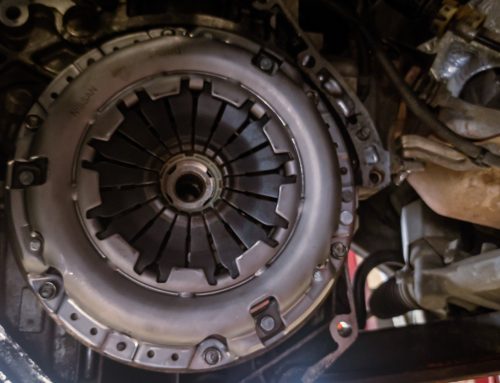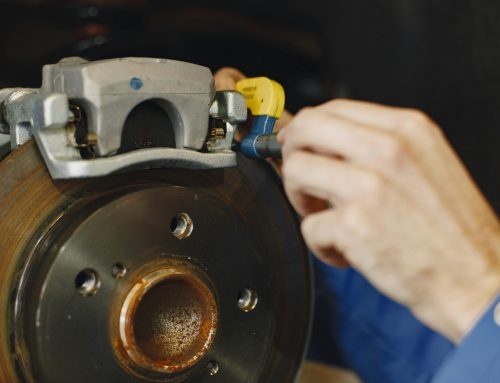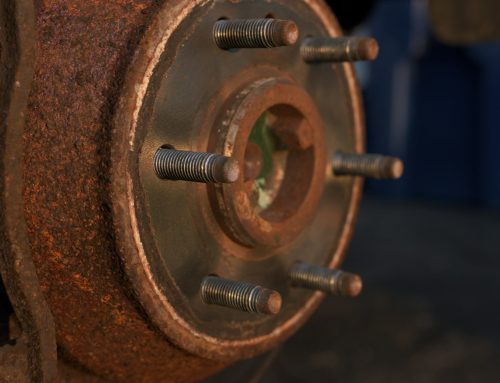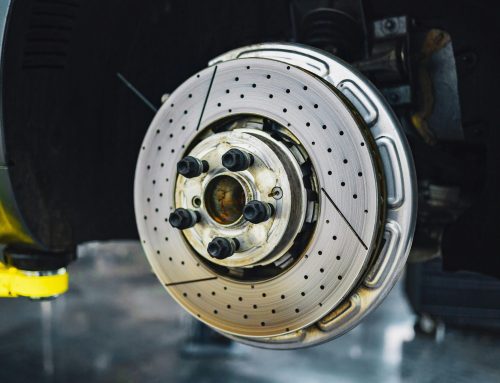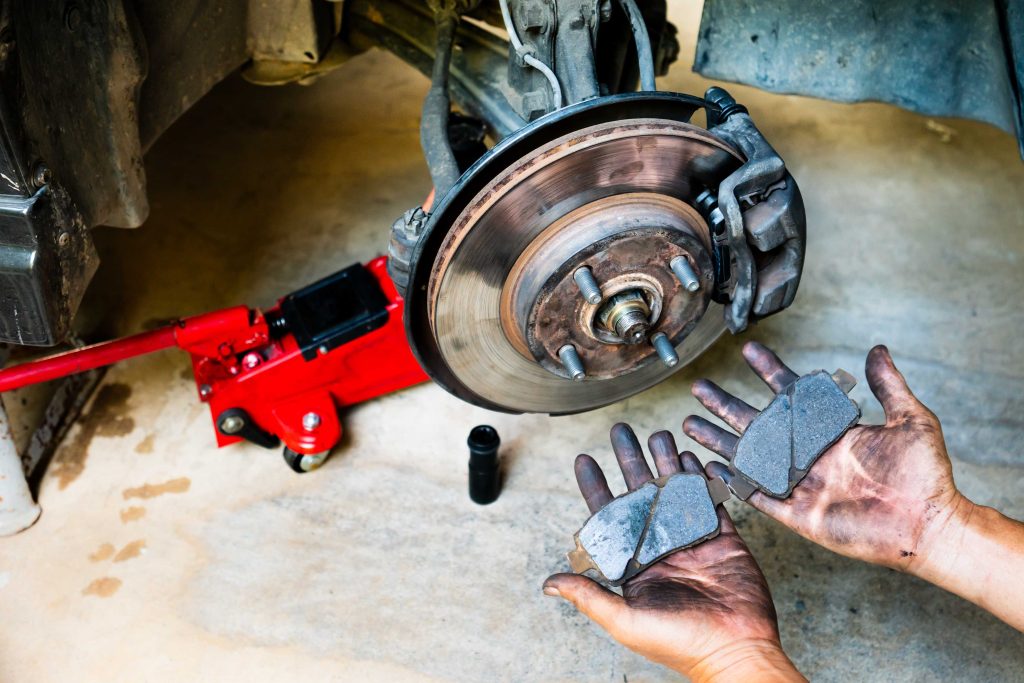
For car owners, recognising the various sounds and alerts your vehicle produces is key to ensuring its longevity and your safety. Attention to the braking system is particularly critical, as it’s a major part of your car’s safety features. Ignoring the early indicators of brake wear can lead to substantial brake repair costs and, more importantly, can compromise your safety. Prompt brake repair at the first sign of trouble—like grinding noises or a soft brake pedal—is not just beneficial; it’s crucial. It helps maintain the reliability and safety of your vehicle, preventing minor issues from escalating into major concerns.
Why Regular Brake Checks Are Important
The brakes are among the most essential safety features of your vehicle. Regular inspections and maintenance prevent severe damage and ensure that your car can stop effectively in emergency situations. It is recommended to replace brake pads every 25,000 to 65,000 miles and rotors every 30,000 to 70,000 miles, depending on your driving conditions and habits.
Recognising Signs of Brake Wear
Identifying potential problems early can save you time and money and, most importantly, keep you safe on the road. Here’s what you need to watch out for:
Squeaking or Squealing Coming From Brakes
The first sign that your brake pads are nearing the end of their lifespan is usually a squeaking or squealing noise when braking. This noise is typically due to the wear indicators on your pads being exposed, indicating that the pads are excessively worn.
Grinding Sound When Braking
If you hear a grinding sound during braking, it’s a strong indication that your brake pads have worn down completely. At this stage, continued use of your brakes can cause significant damage to your rotors, escalating repair costs.
Vibration When Braking and Taking Longer To Stop
Feeling a vibration or shaking from your car when you apply the brakes suggests an issue with the rotors. Uneven rotors can cause the brakes to apply unevenly, which might be what you’re feeling when you press the brake pedal. If your vehicle starts to take longer to stop than usual, this could be a sign of worn brake pads or low brake fluid, possibly due to a leak. Both scenarios require immediate attention to restore full braking performance.
Brake Pad Indicator Light Comes On
Most modern cars are equipped with a brake pad indicator light on the dashboard. If this light illuminates (and your parking brake isn’t engaged), it is a clear signal to check your brakes. Visually inspecting your brake pads through the spokes of your wheel can provide a quick check of their thickness. If the pad is less than ¼ inch (6.4 mm), it’s time to replace it.
Conclusion: Are You Experiencing Brake Issues?
If you notice any of these symptoms, do not hesitate to contact us for a comprehensive brake inspection. At Sharp Brake, we pride ourselves on offering top-rated, affordable brake repair services that come to your workplace or home. Don’t wait until it’s too late—ensure your vehicle’s safety and performance today with a professional brake check.


